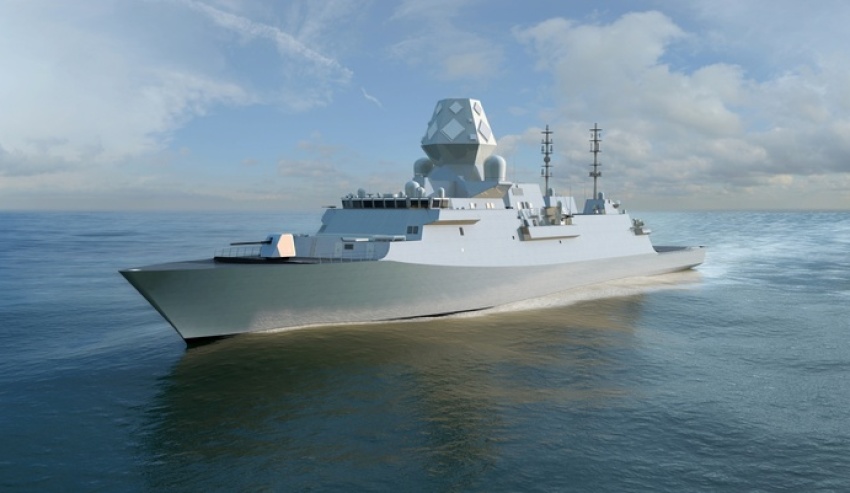More than 1,000 apprentices and graduates will be guaranteed work in South Australia for the SEA 5000 Future Frigates Project under one contender’s bid for the project.
BAE Systems announced, as part of its workforce mobilisation strategy for SEA 5000 project, its recruitment strategy will include an Early Careers Program to create a pipeline of apprentices and graduates throughout the build phase of the $35 billion project.
The UK contender will commit to apprentices in steelwork, mechanical, electrical and technical trades, who will be central to the company’s strategy to ensure the right breadth and depth of skilled workers are brought into the multi-decade program. The company is anticipating that, at its peak, the Early Careers Program will have a population of around 150 apprentices, which will continue throughout the 35-year program.
A graduate program for business and engineering students will also offer opportunities for international placements across the company’s global business.
BAE Systems Australia chief executive Glynn Phillips said the Early Careers Program will be the first step in workers securing a job for life, if the company is selected as the successful tenderer.
"If BAE Systems is down-selected for SEA 5000, by the end of the construction phase – circa 2038 – we estimate that 75 percent of our workforce, including senior executives, will have started as graduates or apprentices, making a job on SEA 5000 potentially a job for life," said Phillips.
"Our commitment for SEA 5000 is to build a diverse and skilled workforce in Australia. I am confident that our Early Careers Program will attract Australia’s brightest talent from schools and universities."
The government is expected to announce the successful contender early next year. BAE Systems UK is up against Italy's Fincantieri and Spanish company Navantia.
Around 2,500 people will be directly employed on the project, with thousands more in support and supply chain roles, according to the government.
It was recently revealed that the government's tender for the project had no mandate for use of an Australian shipbuilder, like Austal or ASC Shipbuilding. Both companies have teamed up to pool their resources, skills and experience and act as one in support of the Future Frigates program.
The government's decision to not mandate the use of an Australian shipbuilding company will come under scrutiny this Friday as the Senate economics references committee continues its inquiry into the future of Australia’s naval shipbuilding industry.
All three Future Frigates contenders have come out in support of an Australian workforce for the $35 billion project.
A spokesperson for BAE Systems told Defence Connect, "If successful, the company will invest in a domestic naval shipbuilding workforce, growing on the existing skills, talent and numbers of employees already employed in South Australia and across the nation to deliver the engineering, science and highly skilled technicians that will be needed over the life of the program, and that will be essential to supporting a sustainable shipbuilding capability in Australia."
Italian firm Fincantieri, which has put forward its FREMM Frigate, has also thrown its support behind the South Australian workforce, with Fincantieri Australia chairman Dario Deste saying, "Fincantieri will have more say in coming months but our proposal will create long-term security for the Adelaide shipbuilding workforce, build a new advanced manufacturing industry nationally and would join Australia to our global network of 20 shipyards on four continents."
Navantia, which has put forward its F-5000, said the vessels will be designed locally to meet specific requirements of the Royal Australian Navy and built in Adelaide using expertise, experience and equipment from Australia.
"Navantia Australia has developed the intimate customer knowledge, understanding of Australian industry capability and commitment to building Australia’s own shipbuilding industry," said Navantia Australia board member Warren King.
Danato Martínez, Navantia Australia managing director, said, "When we already have an experienced shipbuilding workforce in Australia, why would we look anywhere else?"
The nine frigates will be constructed in Adelaide and construction is due to commence in 2020.
The frigates will incorporate the Australian-developed CEA phased-array radar and US weaponry.









